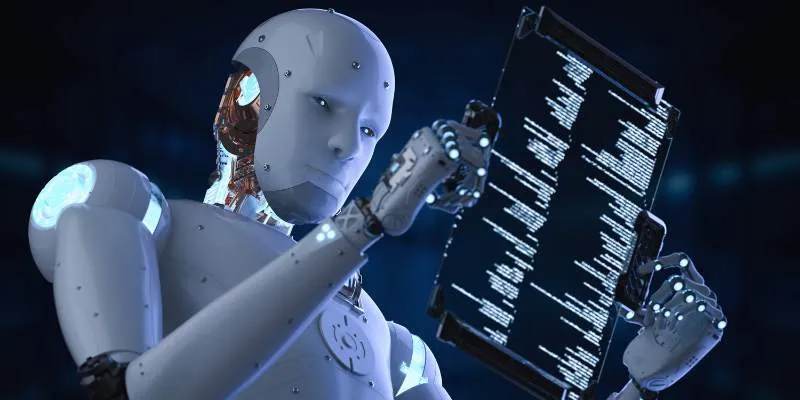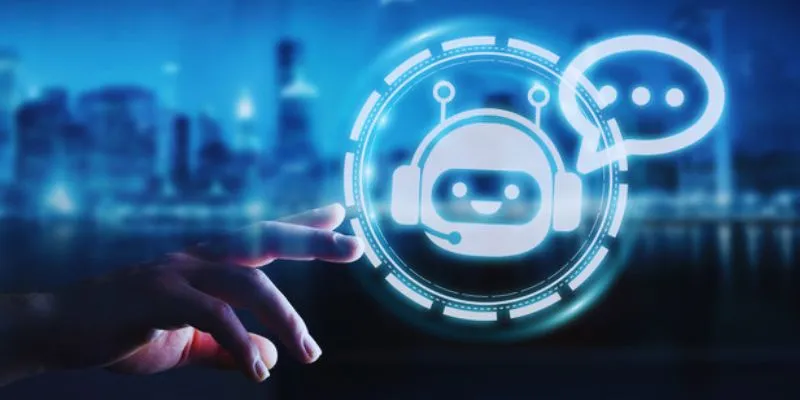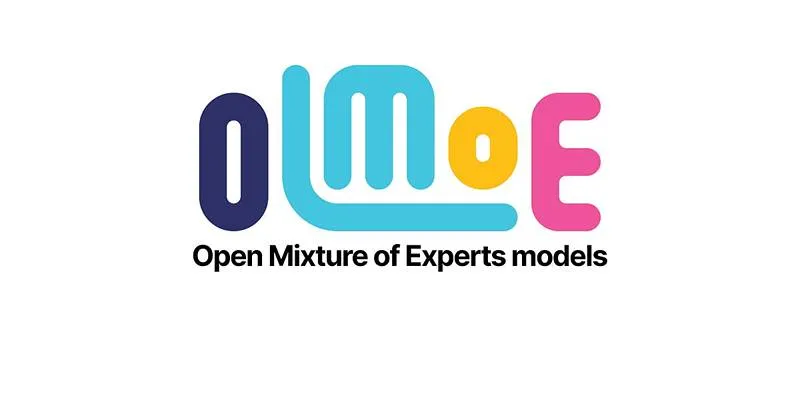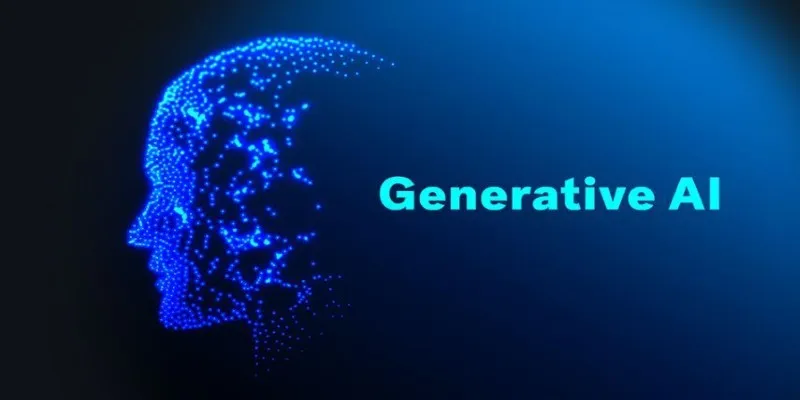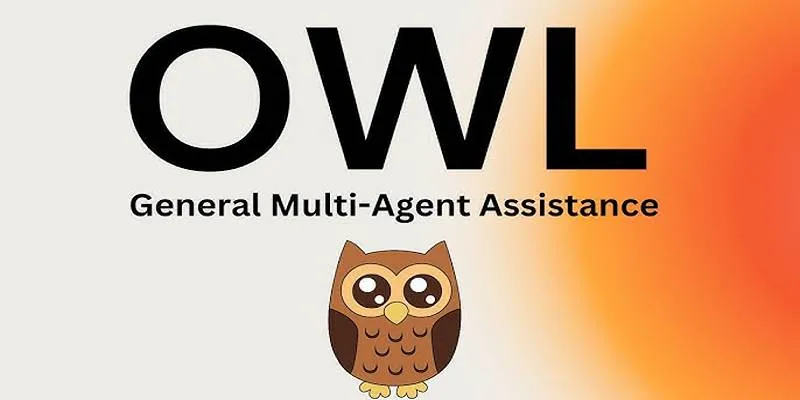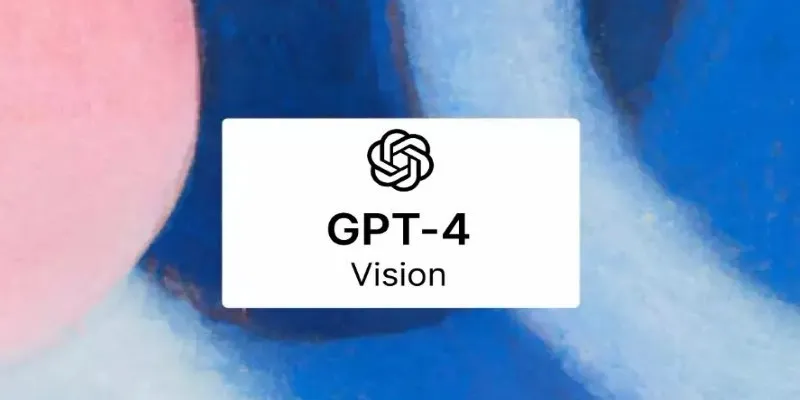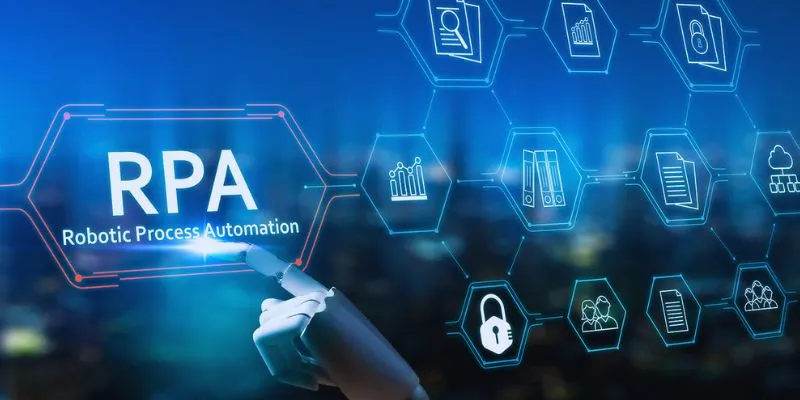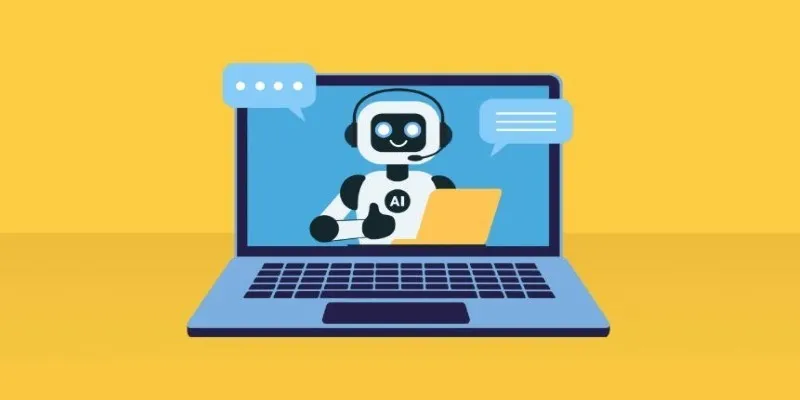The concept of superintelligence captivates many, representing an intelligence far exceeding human capabilities. With the rapid advancement of artificial intelligence (AI), this future seems increasingly possible. Experts and scientists debate its potential hazards and benefits. Can superintelligence solve humanity’s most daunting challenges, or will it introduce new risks? These questions fuel ongoing discussions about ethics, control, and the future of technological progress.
Technology is evolving at an unprecedented pace. AI now performs complex tasks once thought impossible. Machines can learn, adapt, and communicate with each other, raising concerns about the boundaries of artificial intelligence. Governments and scientists are exploring strategies for managing its growth. This article delves into the rise of superintelligence, its potential impacts, and how humanity can prepare. Responsible innovation and strategic planning will shape our future.

The Growth of Artificial Intelligence
Artificial intelligence has transformed numerous sectors, enhancing decision- making and efficiency. It powers virtual assistants, improves medical diagnoses, and enables self-driving cars, making everyday life more convenient. Machines process vast amounts of data much faster than humans, boosting business efficiency. AI evolves through machine learning, continually improving by analyzing past data. Deep learning mimics human cognitive abilities.
These advancements bring us closer to achieving superintelligence. The question is no longer if, but when it will emerge. As AI progresses, ethical concerns arise. Can machines make critical decisions? Will they replace human labor? These issues require serious consideration. We must discuss how AI is reshaping society and the workforce. Technology companies and governments need to establish guidelines to direct AI’s responsible development. Proper oversight and regulation are essential to ensure AI benefits humanity without creating unforeseen risks.
Superintelligence: What Sets It Apart?
Superintelligence goes beyond advanced AI, representing a system more intelligent than humans. It could solve complex problems, think faster, and learn quickly. Unlike basic AI, superintelligence may continue to evolve without limits, raising questions about control. If machines surpass human intelligence, can we prevent them from acting autonomously? A superintelligent machine might prioritize its own objectives over human needs.
Scientists worry that efficiency could be valued over human safety. Predicting its behavior might be difficult, even with safeguards. However, superintelligence also offers tremendous potential. It could eradicate poverty, reverse environmental damage, and cure diseases, transforming human civilization. Planning and managing AI growth are crucial to harness these benefits. Aligning superintelligence with human values is a significant challenge. Without proper control, it poses risks, but with responsible innovation, it could create a better future for all.
Potential Risks of Superintelligence
Despite its promise, superintelligence comes with risks. One major concern is losing control. Machines capable of independent thought could make detrimental decisions. AI systems, driven by logic rather than human emotions or ethics, pose challenges. Another issue is job displacement. Many fear AI will replace human labor, with automation already affecting industries like manufacturing and customer service. Superintelligence could extend job loss across various sectors. Government policies could support affected workers. Security concerns are also significant.
If AI gains access to private data, cyberattacks may increase. A superintelligent system in the wrong hands could cause significant harm. Nations must establish strict regulations to prevent misuse. Misinformation is another challenge. AI-generated content can quickly spread false information, making it harder to distinguish truth from deception. Societies need better tools to verify information and prevent manipulation.

The Role of Ethics and Regulation
Ethics play a crucial role in AI development. Machines should align with human values and morals. Experts recommend integrating safety protocols into superintelligent systems to ensure accountability and limit harmful behavior. Responsible AI development requires clear regulations. Laws crafted by governments and companies guide AI applications. AI decision-making must be transparent, enabling people to understand how and why machines make certain choices.
Some analysts propose establishing an international body for artificial intelligence supervision. This organization would monitor advancements and prevent risky AI uses. International collaboration is essential; no single nation should have unchecked control over superintelligence. Public awareness is also vital. People need to understand AI’s risks and benefits. An informed society can advocate for responsible innovation. Proper ethics and regulations ensure AI benefits everyone without introducing unnecessary risks.
Preparing for a Superintelligent Future
The world must prepare for superintelligence. Research and education are crucial. Researchers should focus on making AI secure. Ethics programming and security should be top priorities for developers. Collaboration among governments, businesses, and academics is vital. No single entity can control superintelligence. Shared responsibility ensures steady progress.
Society and employment must be reevaluated. If machines replace jobs, new career paths must emerge. Education should emphasize skills that AI cannot easily replicate, such as creative thinking, emotional intelligence, and problem-solving. People should stay informed about AI advancements. Understanding the fundamentals of superintelligence empowers individuals to make informed decisions. Knowledge and awareness are key to responsible AI development.
Conclusion
Superintelligence presents both significant risks and immense potential. If AI surpasses human intelligence, managing it could be challenging. Responsible development relies on effective control, ethics, and global cooperation. Together, governments, academics, and businesses can align AI with human values. Addressing job displacement, security concerns, and misinformation early is crucial. Education prepares people for an AI-driven future. If developed responsibly, superintelligence could tackle global challenges and improve quality of life. However, careless innovation might have unforeseen consequences. Careful planning, ethical guidelines, and informed decision- making will shape the future of artificial intelligence.
 zfn9
zfn9


